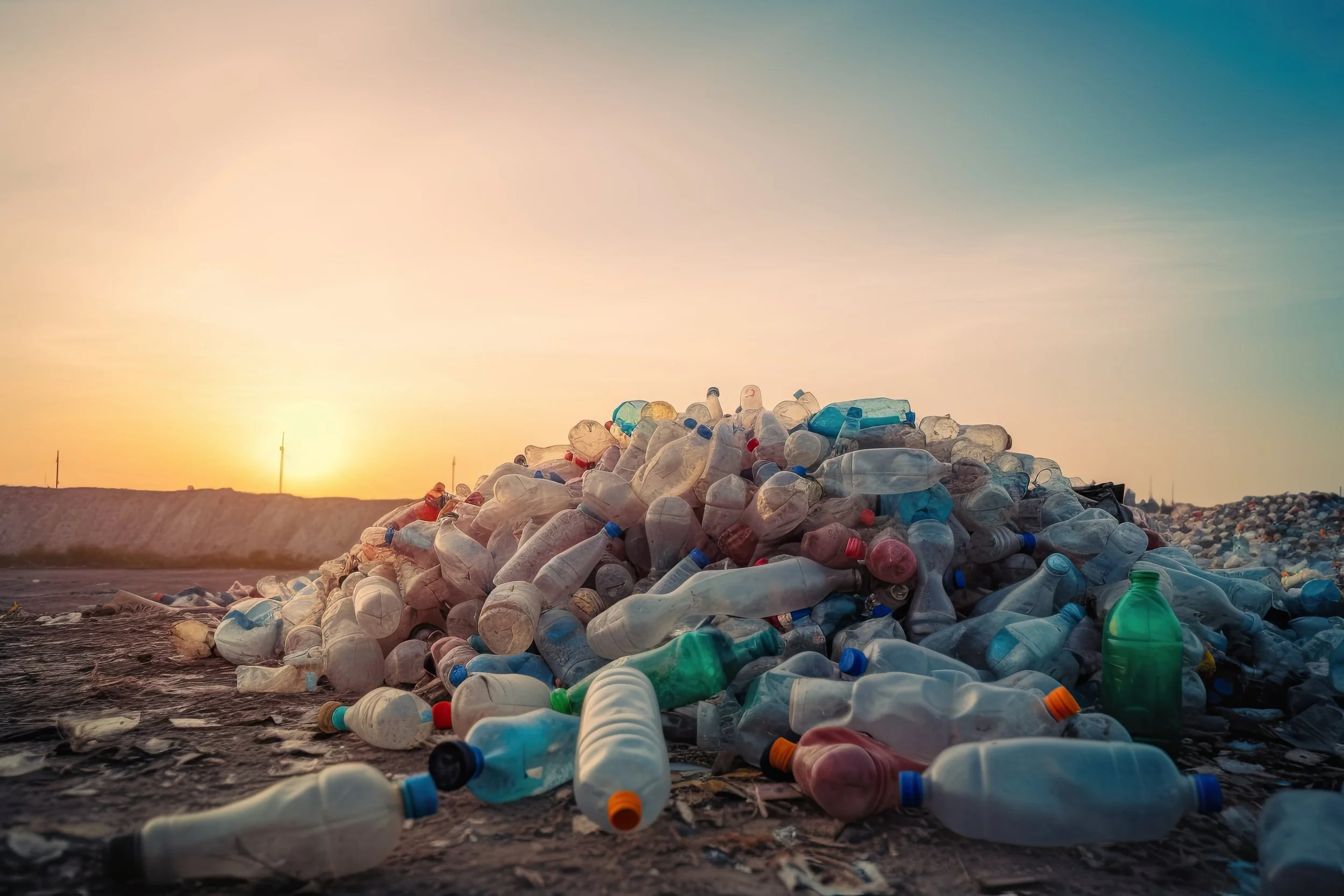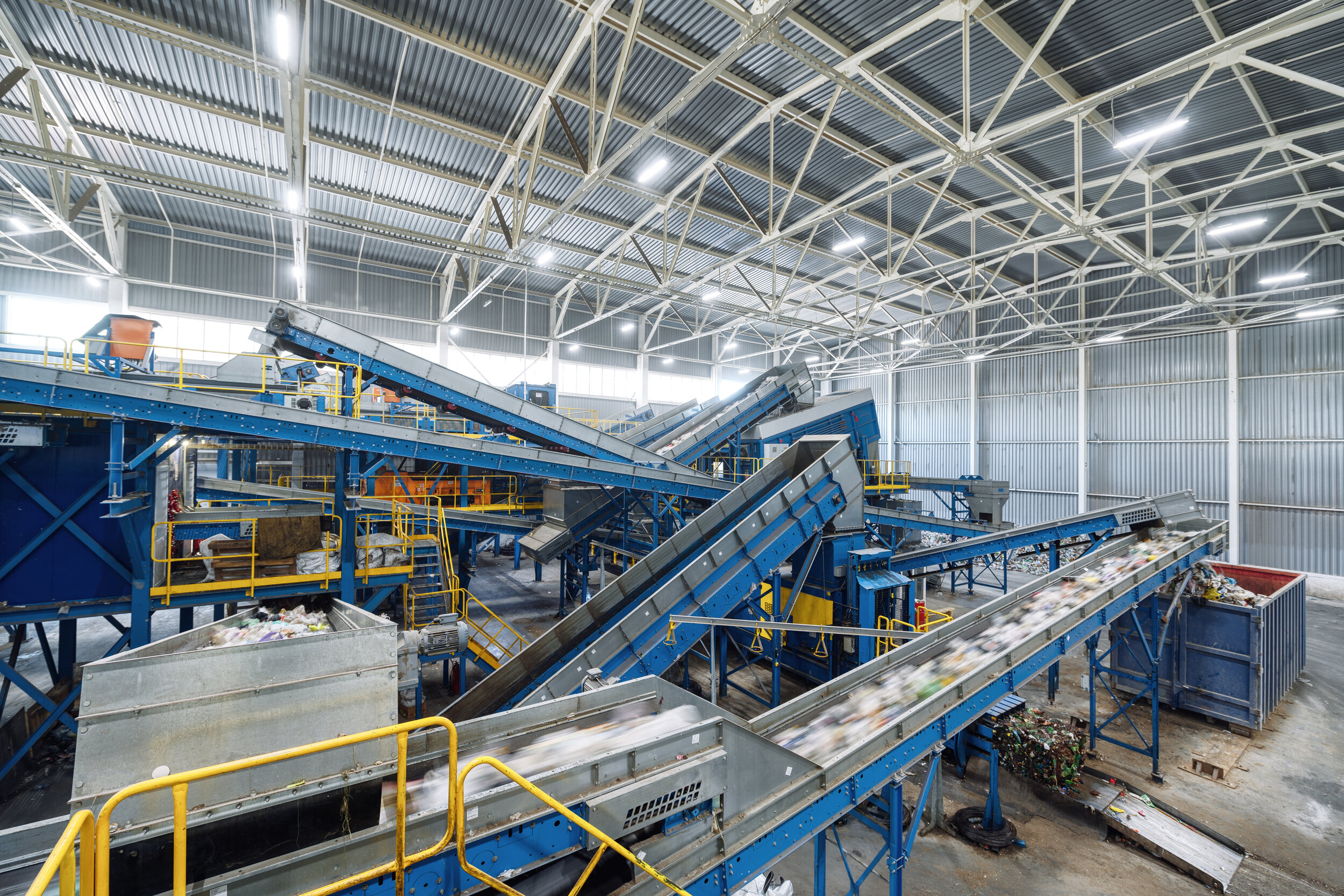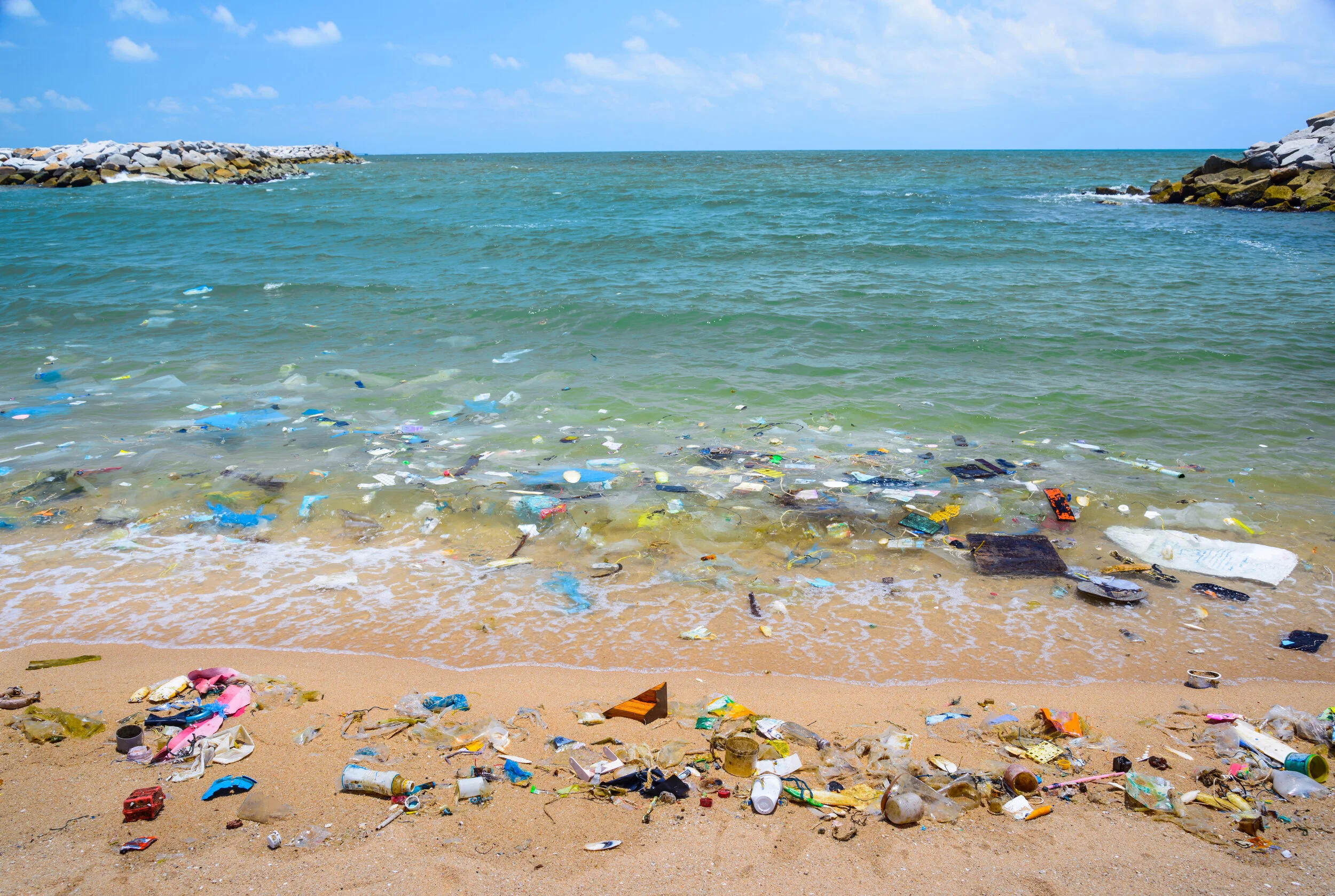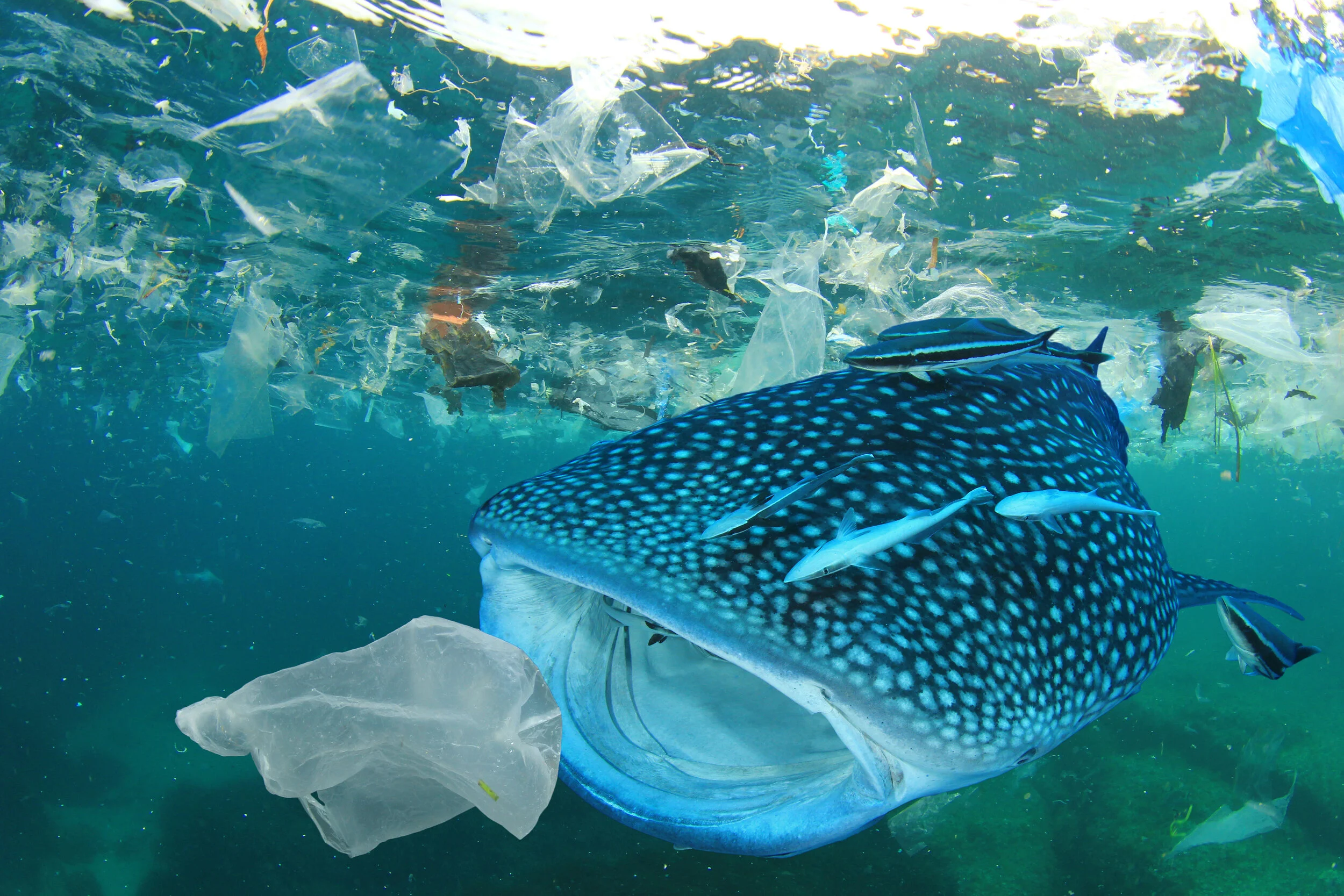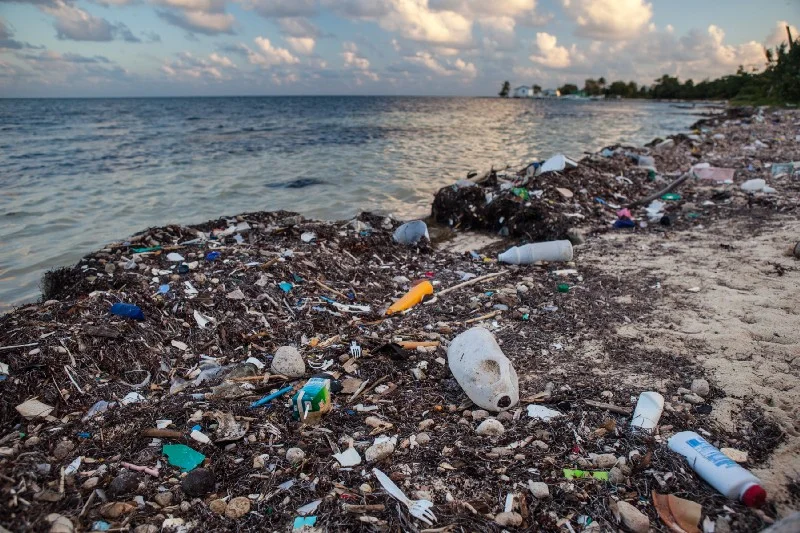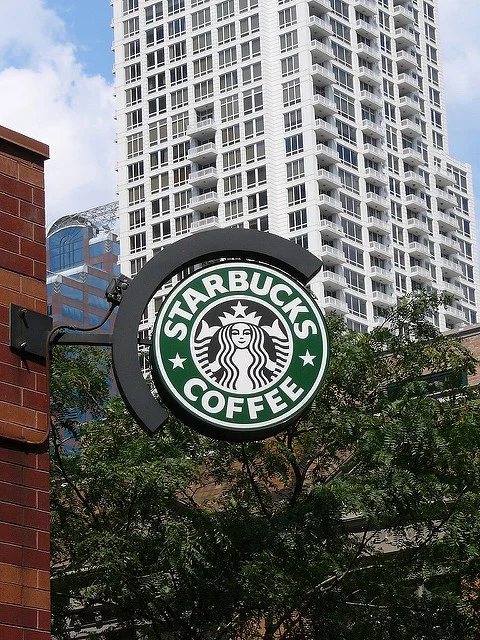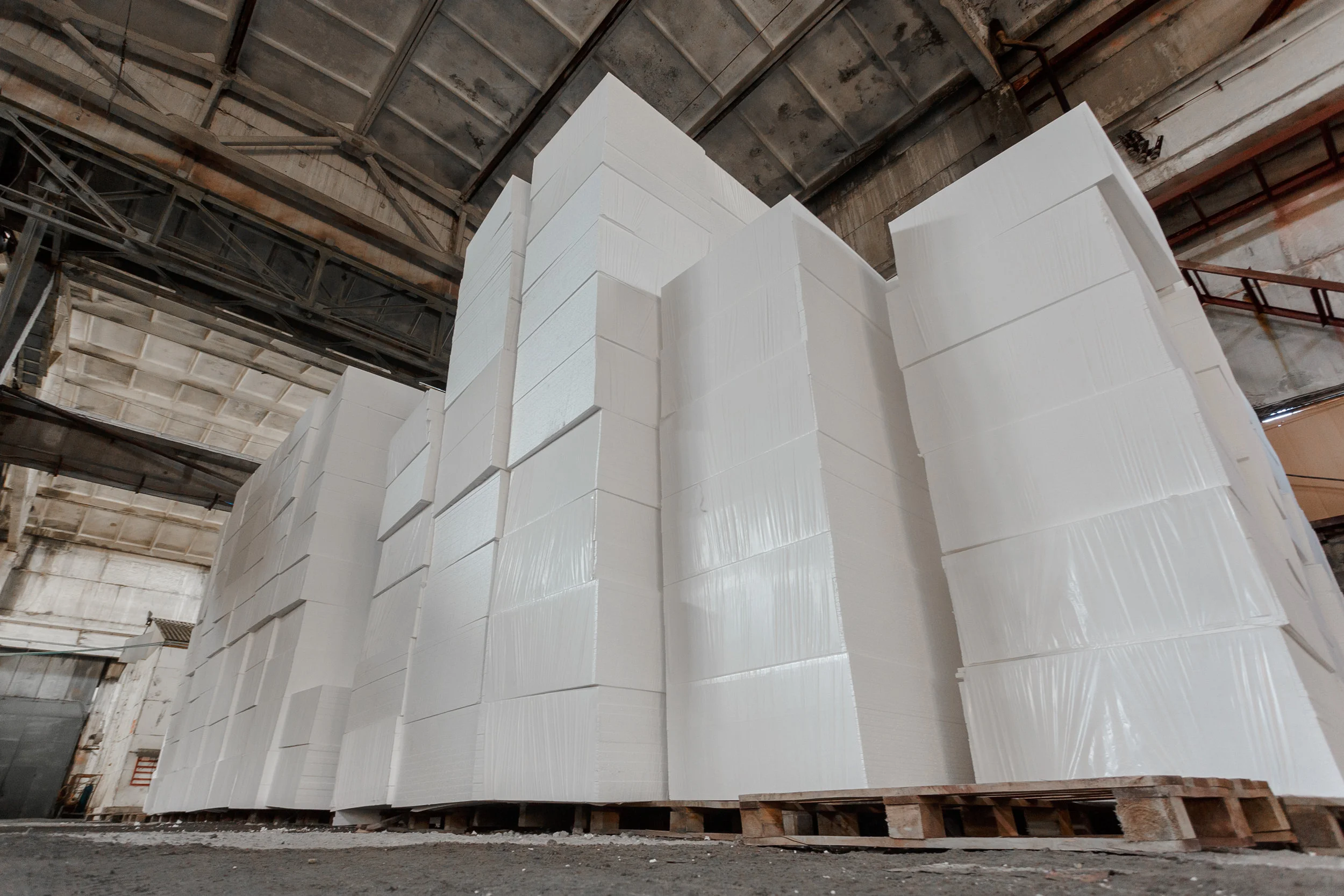The solution to this recycling disparity is Extended Producer Responsibility (EPR), whereby producer corporations that make the packaging (bottles, bags, wrap, etc.) finance the collection and recycling of their packaging at its end-of-life.
Read MoreWithout immediate and sustained action, the annual flow of plastic into world oceans could nearly triple from 11 million metric tons to 29 million metric tons by 2040.
Read MoreThe fight against plastic pollution just took an important step forward. We are thrilled to share the news that this week Maine became the first U.S. state to enact legislation forcing producers of packaging waste to pay for the collection and recycling of post-consumer packaging, a concept known as extended producer responsibility (EPR).
Read MoreIn the latest episode of As You Sow's new series “As You Talk” on Clubhouse, Conrad MacKerron, senior VP of As You Sow and Marcus Eriksen Ph.D., author of “Junk Raft” and co-founder of Five Gyres Institute, discuss the ecological, social and economic impacts of plastic waste.
Read MoreThe information requested will help investors assess the extent of the company’s exposure to plastic pollution and encourage it to step up and match its peers by committing to significant cuts in plastic use.
Read MoreThe International Ocean Film Festival has designated As You Sow as one of its Ocean Heroes, groups whose mission helps protect oceans and marine life, and we are recognized on their Ocean Heroes page.
Read MoreEvery day, our world’s plastic addiction becomes painfully clearer. With at least 8 million tons of plastic dumped into the oceans each year, we are shoveling a big ol’ truckful of plastic into our precious waters each minute of every day.
Read MoreAlarm bells have long been ringing about the controversial process of hydraulic fracturing or “fracking”. Opposition has focused on community health impacts from air and water emissions as well as climate change impacts from leaking methane, a potent greenhouse gas.
Read MorePlastic pollution on land and water has risen in prominence dramatically as an environmental issue in the last two years as new science-based studies showed far higher rates of plastic ending up in oceans than previously believed, and institution issued blueprints for stemming that flow.
Read MoreWe have followed Starbucks’ actions on cup recycling and more sustainable packaging for many years. In some ways, it is a leader in recycling and sustainability efforts on packaging. It is the only major retail coffee company to set specific recycling and materials reduction goals.
Read MoreAs California lawmakers consider legislation to strengthen the industry-managed carpet recycling program, it is helpful to take a look at the latest corporate sustainability report by Mohawk, the world’s largest flooring company and a major industry player.
Read MoreIs this the beginning of the end for expanded polystyrene, the versatile but often criticized and increasingly risky foam packaging used for takeout food, coffee cups and package cushioning? Ellen MacArthur Foundation’s new report, “The New Plastics Economy — Catalyzing Action,” released last month at the World Economic Forum in Davos.
Read More
